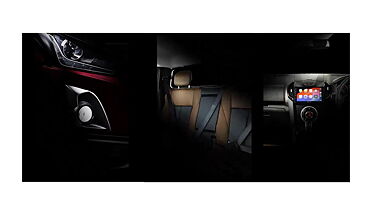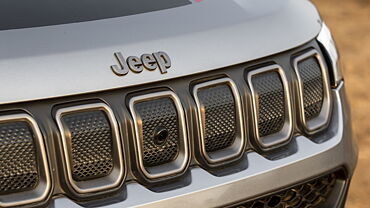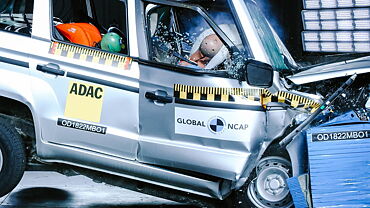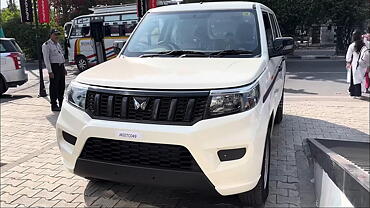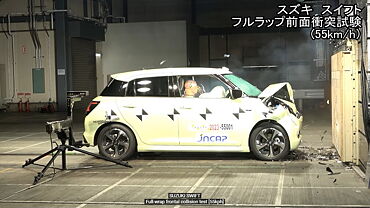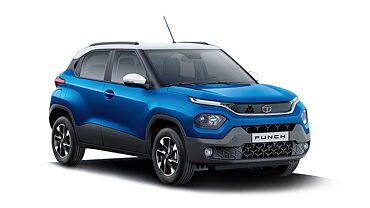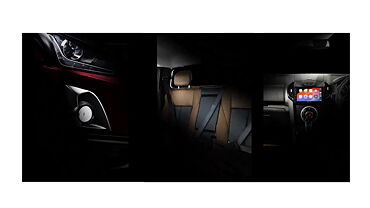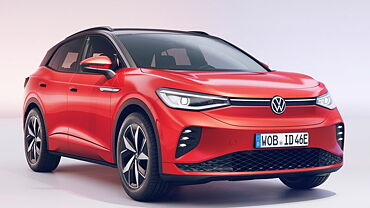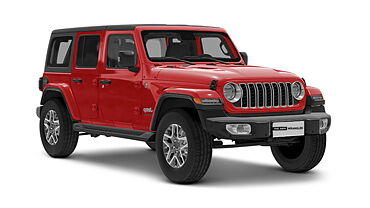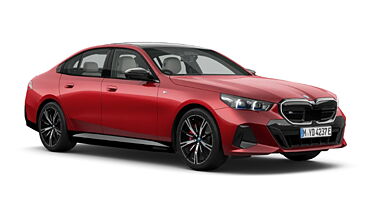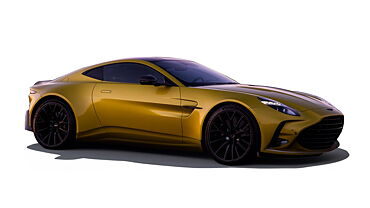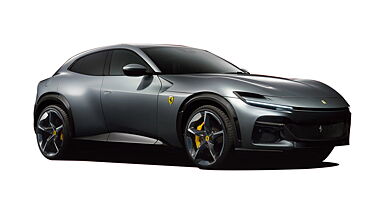Despite drop in sales volumes and the consequent decline in profits, foreign car makers operating in India are going solo in the country and are investing big bucks into their wholly owned subdivisions. The companies are also encouraged by the hands-off policy of the Indian government to gain an advantage over its rival, China. India is posing a stiff challenge to the auto markets of Thailand and China, with more car makers gaining complete control over their domestic operations and increasing the investments and capacities. Another reason for the foreign companies to exercise full control on their operations is their dissatisfaction with the local partners.
Honda had an issue with its local partner, Usha International over fresh investments worth more than Rs. 32 billion. In order to meet the hike in demand of diesel cars, the Japanese company wanted to increase the production capacity of diesel powertrains, which did not suit the local partner.
Executive Chairman, Usha International, Krishna Shriram, said, "The relationship with (Honda India) has been weakened recently through inappropriate behaviour by Honda in the governance processes adopted by its board on significant decisions." Further, he added, "We have heard through press interviews that Honda would like to merge their companies in India together for greater flexibility, partly because of difficulties with their Indian partners." He then said, "We're quite hurt by these statements due to our belief we have been committed and true."
The officials at Hero Honda, the Indian motorcycle joint venture between the Japanese firm and India's Hero Group, too expressed concerns regarding the protocol at the company. After the departure of Honda from the partnership in a deal worth USD 851 million in 2011, Honda India has grabbed the second position in terms of motorcycle sales volume.
Likewise, Ford also ventured into the Indian market in alliance with Mahindra & Mahindra back in 1995. The partnership went on for 10 years to sell 1,20,000 vehicles in all. However, after breaking away from the partnership, the wholly owned division of Ford sold 1,00,000 cars in 2011 itself. Eight of the world's Top 10 car manufacturers operates solo in India, even though the car makers seeks tie ups and JVs in Europe and other developed markets to reduce costs and share technologies.
President, Ford India, Michael Boneham, said, "The automotive industry requires significant investment, particularly at the initial stages, coupled with a lengthy product development cycle." He further added, "Such capital intensiveness can be burdensome on partnerships, and the need for large investment and R&D can be difficult to maintain if it's not your core business."
Other companies which had sour experiences in local partnerships include Fiat and Renault. While Fiat had a spat with Tata Motors over slow sales volume, Renault ended a three year partnership with Mahindra due to disagreements and poor communication between the partners.
Director-General, SIAM, Vishnu Mathur, said, "Today, it's easy to come in alone." He then clarified, "Traditionally, an Indian partner was always required to take you through a labyrinth of government process, procedure and policy." He further said, "But when the policy is so transparent , than the need for a local partner diminishes."
The open-door policy of India for overseas car manufacturers has facilitated complete ownership by the companies since 2002. It is similar to the policy of Thailand and is in stark contrast to China's policy. In China, the companies have to get their agreements signed by the local authorities and must have a domestic partner.



